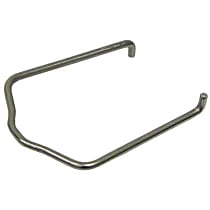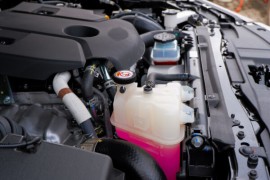{
"lazyNodes": false,
"abFitnotesFlag": false,
"abCrawlReviews": false,
"productOptionsCookie": false,
"orderDelayFlag": false,
"skipSessionCookie": false,
"covidMessage": false,
"fullTitleCookie": false,
"nrLoggerCookie": false,
"checkoutReviewCookie": false,
"productOptionSeqCookie": false,
"maintenanceFlag": false,
"bufferETACookie": false,
"multiShippingDiscountFlag": false,
"newFitmentFlag": false,
"surveyOptInFlag": false,
"crossSellFlag": false,
"skuMappingFlag": false,
"paySplitCookie": false,
"callDisableFlag": false,
"zipPaymentFlag": "u",
"hassleFreeReturn": false,
"lifetimeReplacement": false,
"cpn_off": false
}Need Help? Call Us1-866-529-0412
2010 Volkswagen CC
2010 Volkswagen CC Radiator Hose Clamps
Refine by:
Shop Catalog
Showing 1 - 1 of 1 results
Sort by:
Part Number: FBI31799
Guaranteed to Fit
$15.99
Vehicle Fitment
- 2010 Volkswagen CC All Submodels All Engines
Product Details
Warranty : 24-month or 24,000-mile limited warrantyQuantity Sold : Sold individuallyProp 65 Warning :
![]() WARNING: This product can expose you to chemical which is known to the State of California to cause cancer and birth defects or other reproductive harm. For more information go to www.P65Warnings.ca.gov.
WARNING: This product can expose you to chemical which is known to the State of California to cause cancer and birth defects or other reproductive harm. For more information go to www.P65Warnings.ca.gov.
Page 1 of 1 | Showing 1 - 1 of 1 results
Popular Products

FebiFebi 31799 Radiator Hose Retaining Spring (Horse Shoe Clip 32 mm) - Replaces OE Number 1J0-121-142Manufacturer #31799
( Reviews) Questions, Answers
FEBI OE REPLACEMENT RADIATOR HOSE CLAMP
Expertly crafted and tested to top-grade, OE-specific standards, Febi OE replacement radiator hose clamp provides high quality performance without the high level price. It's OE-standard design provides the right fit and...
Product Questions & Answers
Q:Will this clamp work in my 201t Chevy Cruze?
Tracy K.
A:BEST ANSWERHi Tracy, I'm glad to assist you. You had the year incorrect (error). For us to check carefully and be accurate on the part you need, please provide the complete details of your vehicle (year, make, model, submodel, 2WD/4WD, and engine size). The VIN would be helpful. Show less
Jeonino E.
2 Questions, 1 AnswerView all Q&As >
Helpful Automotive Resources
A Beginner’s Guide On How to Burp a Coolant SystemIn a nutshell, coolant flows through the engine while picking up heat. Once it reaches the radiator, heat is dissipated to the outside air. The coolant then recirculates to repeat the process.




